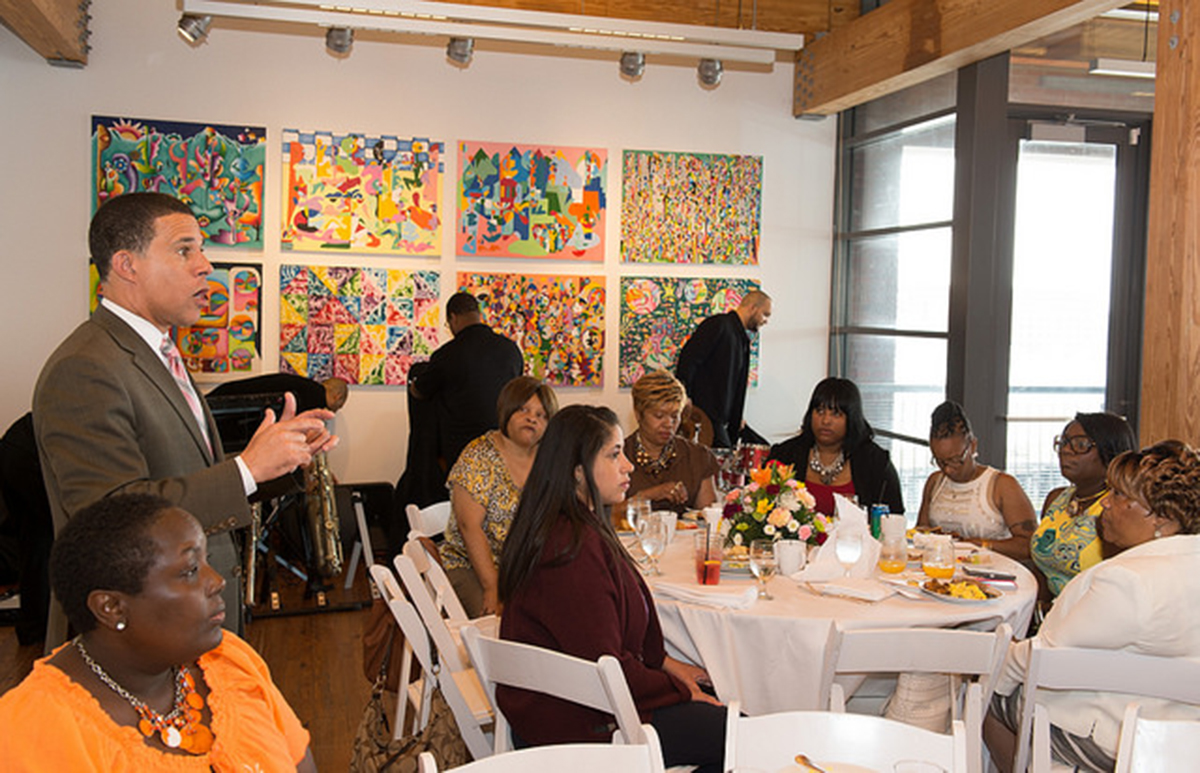Table of Contents
Are parenting classes just for people who have been court-ordered to attend them due to neglectful or abusive behavior, or could all parents benefit?
In order to gain a better understanding of how others view parenting classes, I spoke to some parents. Here's what they had to say:
- "I went to a parenting support group when my oldest was a baby. It got moms out of the house, gave babies some interaction with others, and taught us some stuff along the way. I was isolated with a military spouse and no family in the area, and I enjoyed the classes."
- "My husband and I were raised in very different ways, and had some disagreements on how to handle kids. Parenting classes got us talking about those hot-button issues and helped us come closer together before our first baby was born."
- "I wouldn't attend a parenting class because there are so many equally valid ways to raise a child, and I don't want someone else clouding my judgment with subjective opinions."

- "These classes would be useful for parents who have no experience with babies and infants, I'd guess. They may tell you things like how often you need to change a diaper, not watering down formula, how important reading to kids is, and how to install car seats."
- "Perhaps I'm odd, but I went to several parenting classes. I like to glean ideas from others and to learn more about different schools of thought. You take the gems and leave the rest behind."
There are those who believe all new parents should be required to attend parenting classes in order to be the best parent they can be. There are also those who shudder at the idea of being told how to parent by other people, people who may not know anything more than you do, but who do strongly disagree with you on such issues as whether to breastfeed or bottle-feed, and whether to impose time-outs on ill-behaved children or to correct them through dialog. Thankfully, parenting classes aren't compulsory unless something happens to warrant state intervention. If you don't believe you'd benefit, you don't need to go. What if you are interested in a parenting class, but aren't sure where to look?
Where To Look For Parenting Classes — And Where Not To
"Parenting classes" — and let's face it, the term does sound somewhat condescending — go by many names. They may be called support groups, or seminars, or learning sessions, all of which sound a lot less intimidating.
If you're in the US and are interested in taking a class, you may like to check out the Triple P Positive Parenting Program, which concentrates on creating positive, safe, and engaging family and learning environments with gentle but effective discipline. The Incredible Years program, meanwhile, is aimed at kids between three and six and their parents and caregivers. It teaches problem-solving and friendship-building skills in sessions led by therapists. The Strengthening Families Program: For Parents And Youth 10-14 is for older kids and their parents, and focuses on communication, challenges related to peer pressure, anger management, and substance abuse worries. These programs, and many like them, will provide parents and kids with tools that help them be more successful.
What shouldn't you be looking into? Belle shared: "A parenting class was offered at our Church recently. When I asked who would be teaching it, and how, it turned out to be a "Biblical parenting class" taught by some of the older women at Church — the same ones, incidentally, who (nicely) disagreed with my parenting philosophy of not spanking." That about sums it up. Parenting classes should stick to scientifically-sound objective information about what makes a good parent. They should be taught by experts who have the ability to provide such information, not by random people who happen to have more experience but no more knowledge than you do.
- Photo courtesy of jim larrison: https://www.flickr.com/photos/larrison/15345598102/
- Photo courtesy of mdgovpics: www.flickr.com/photos/mdgovpics/14173993981/


Your thoughts on this